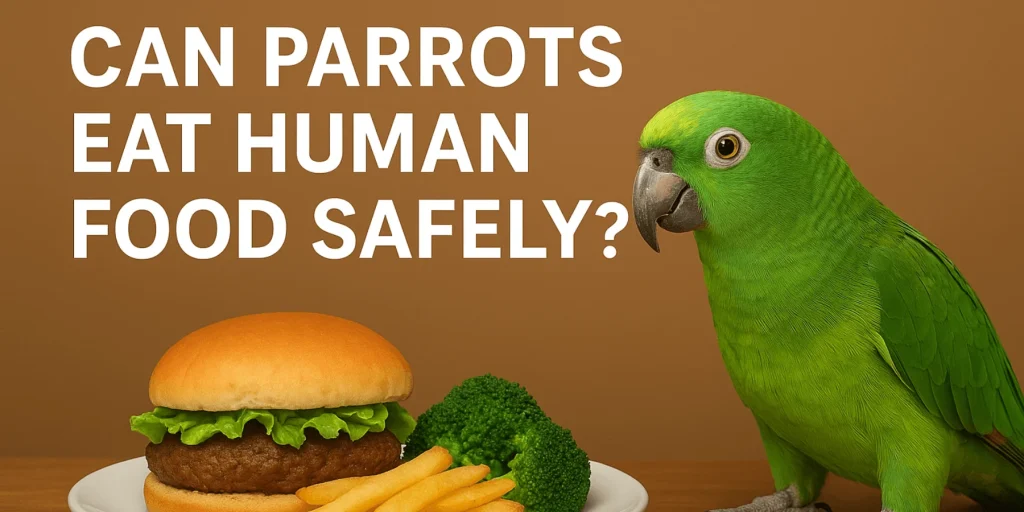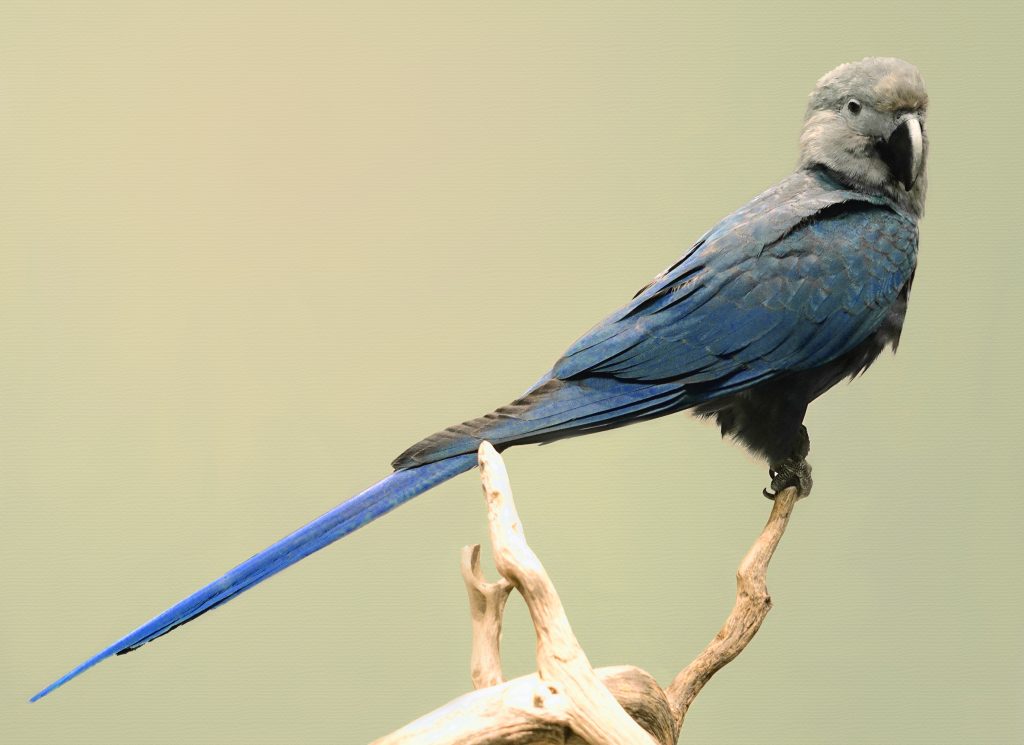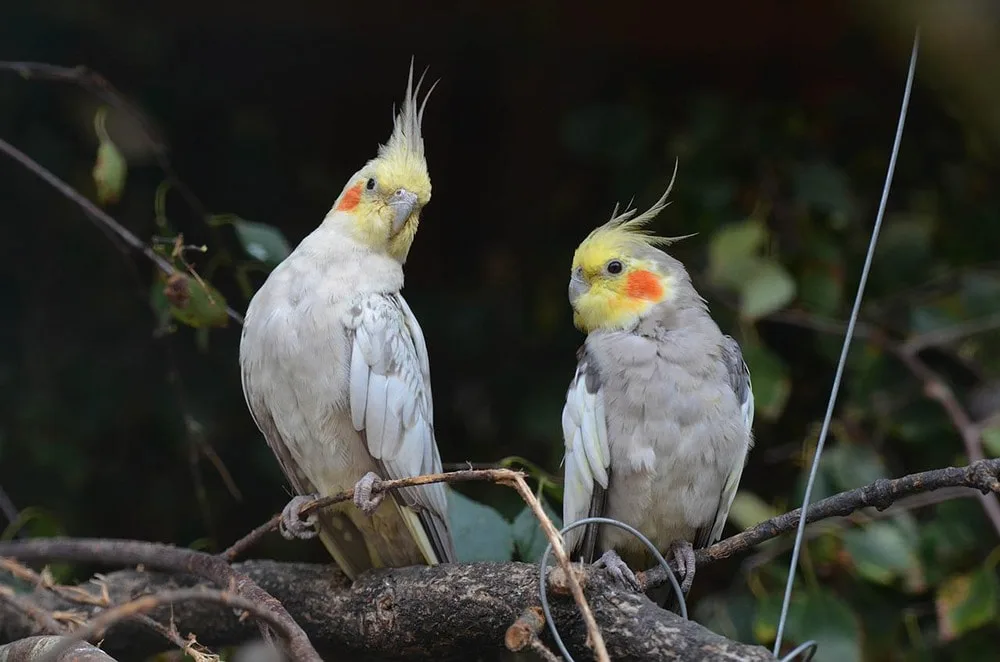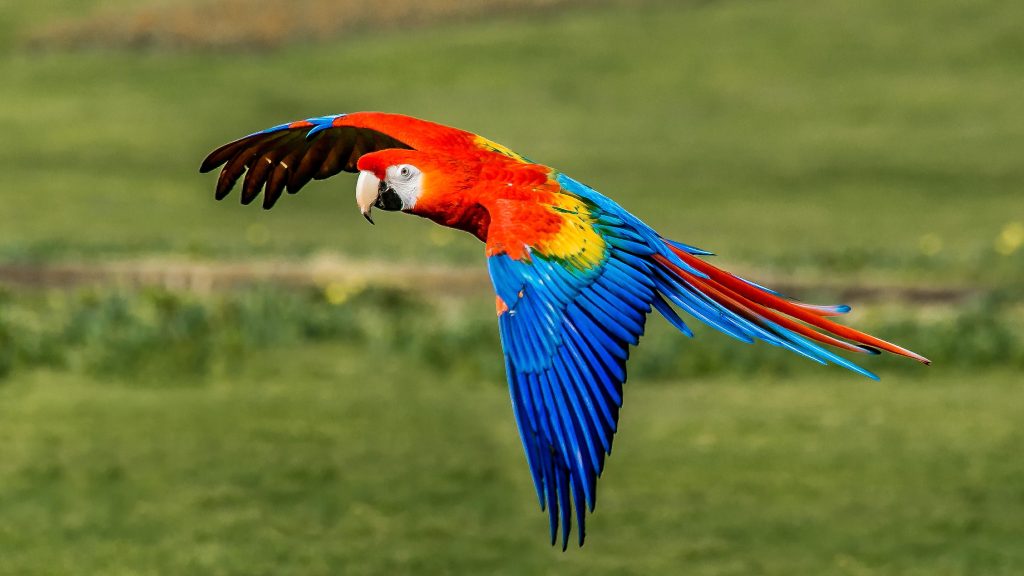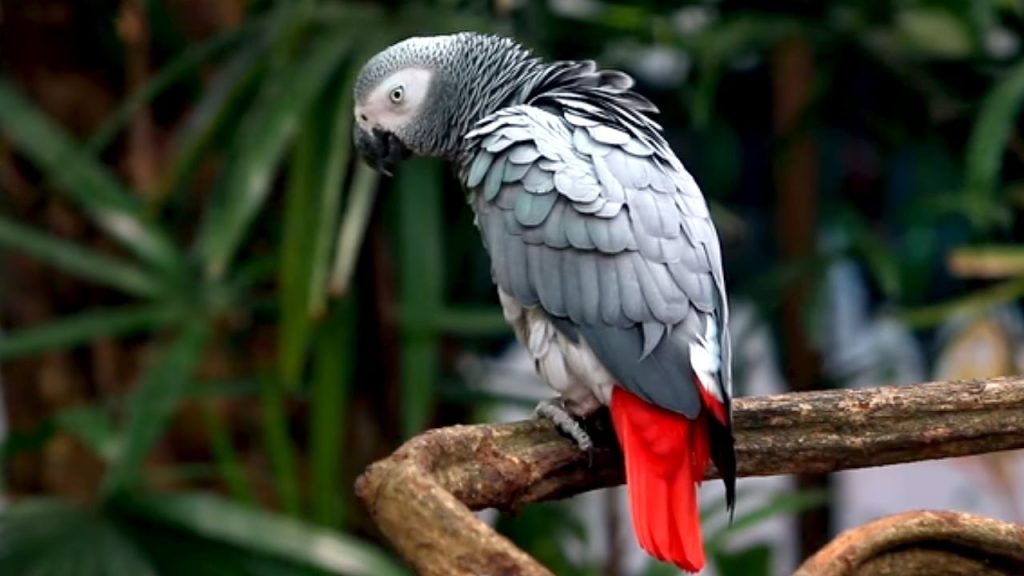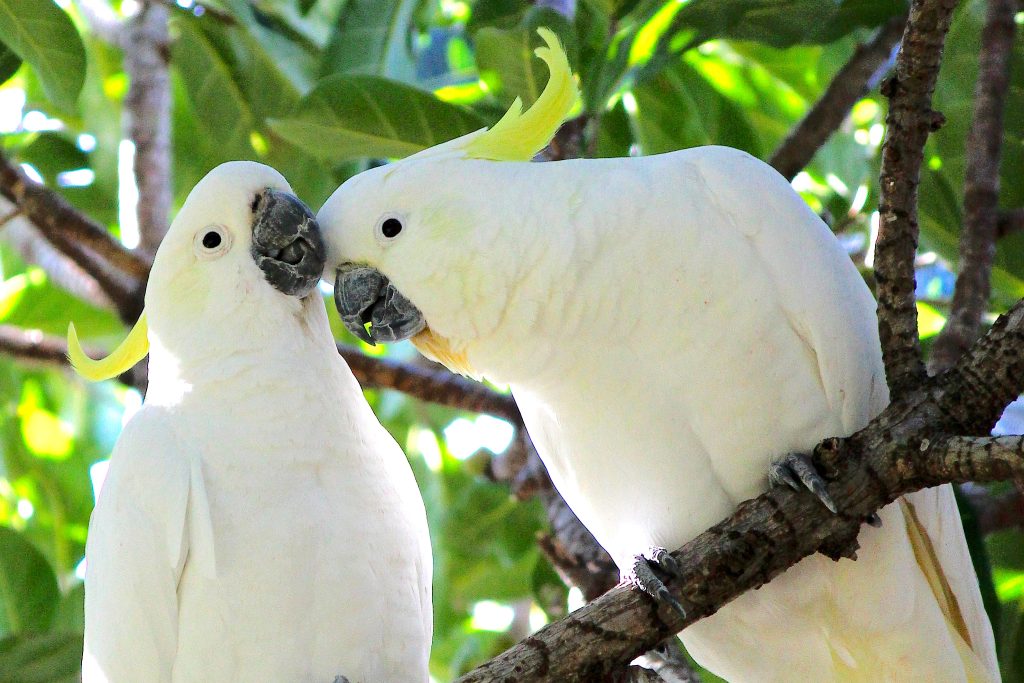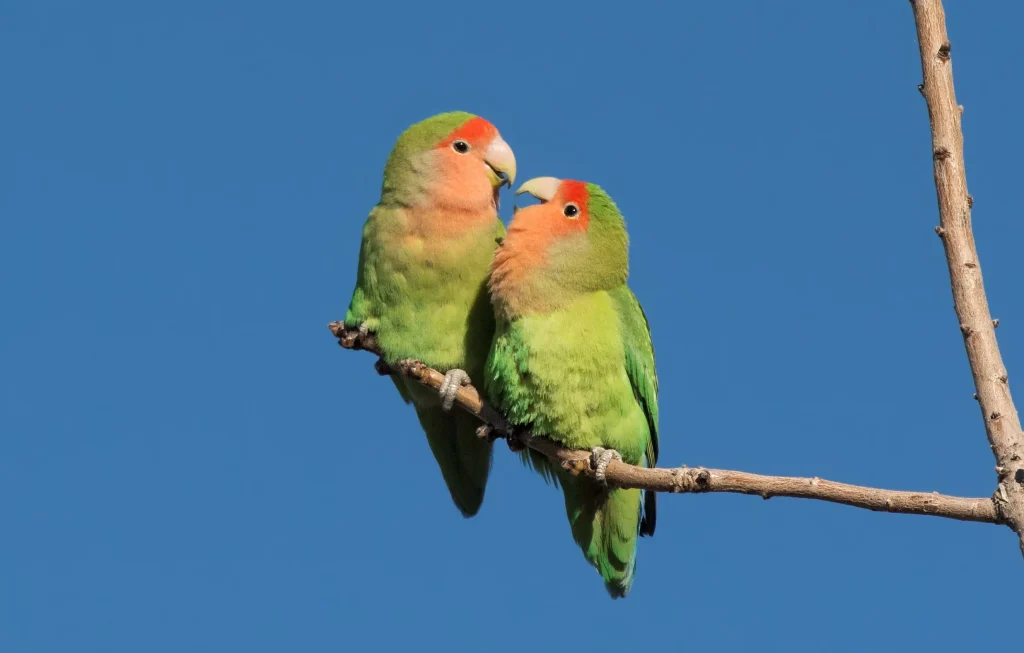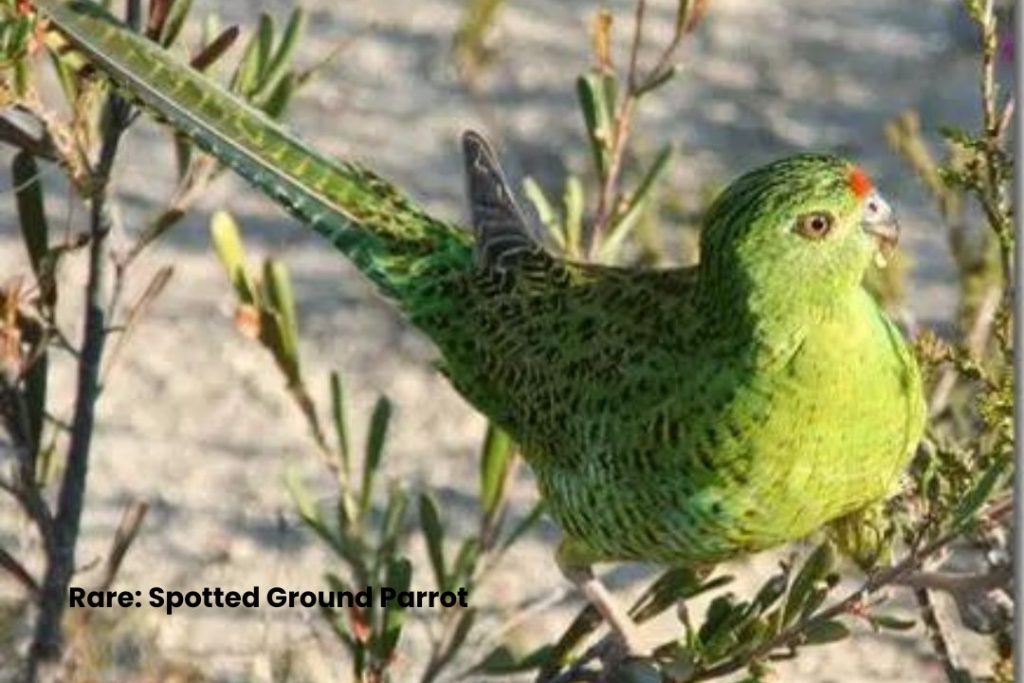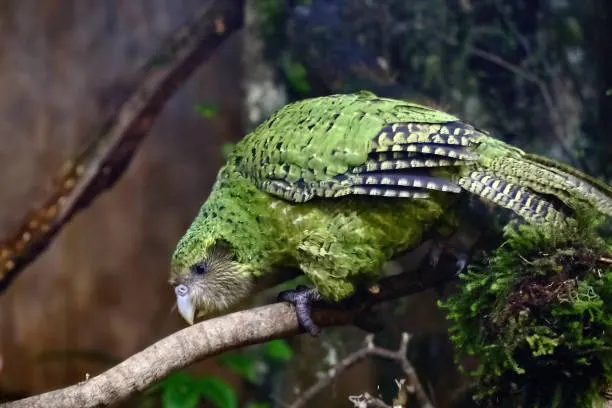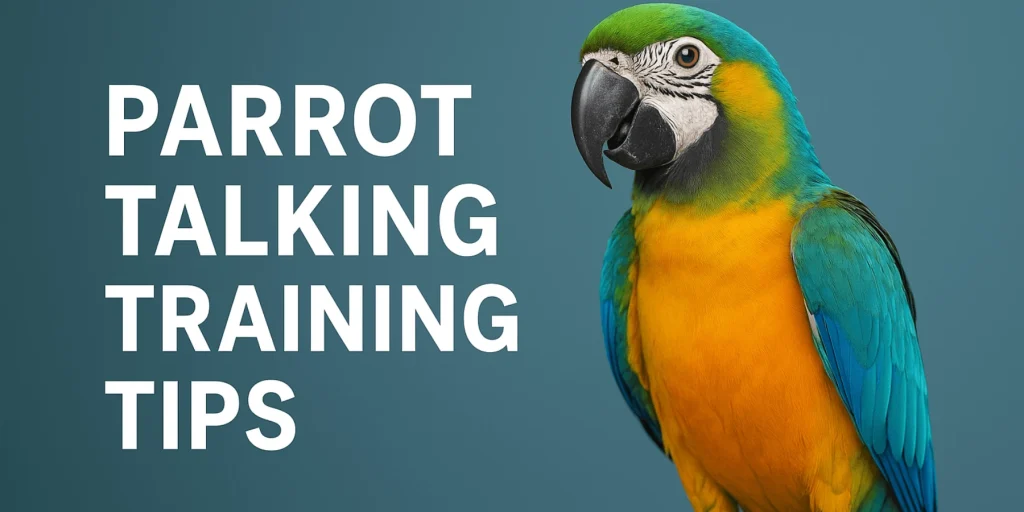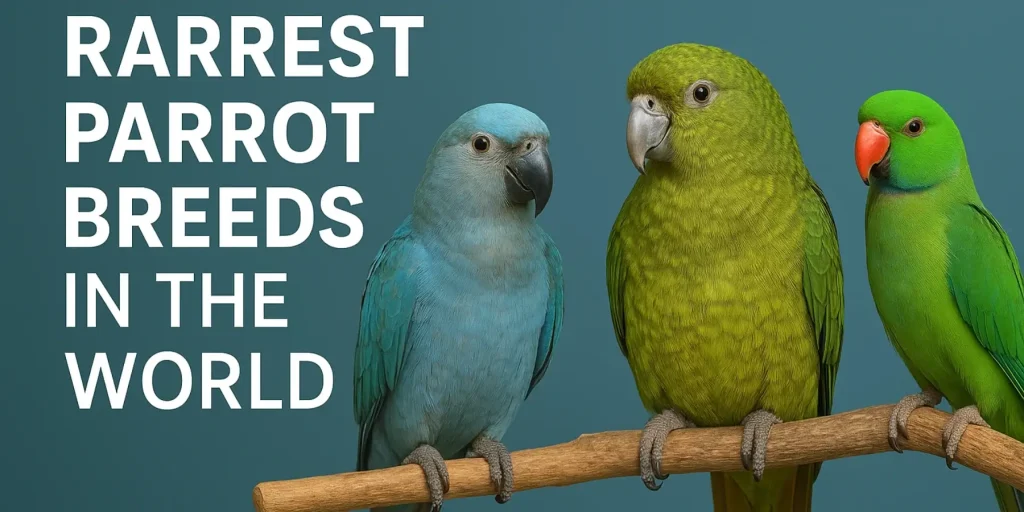Many bird lovers enjoy sharing food with their feathered companions, but an important question arises: can parrots eat human food safely? While some human foods are nutritious and enjoyable for parrots, others can be harmful or even toxic. Understanding what’s safe and what’s not helps ensure that your parrot stays happy and healthy.
Understanding a Parrot’s Diet
Parrots are omnivores, meaning they eat a mix of fruits, vegetables, seeds, grains, and sometimes small insects in the wild. Their diet should be diverse and balanced, providing essential vitamins, minerals, and proteins. When living with humans, parrots often show curiosity about human food — but not everything we eat suits their digestive system.
Safe Human Foods for Parrots
Here are some healthy and safe human foods you can share with your parrot in moderation:
- Fresh fruits: Apples, bananas, berries, mangoes, oranges, and melons (without seeds or pits).
- Vegetables: Carrots, peas, broccoli, spinach, bell peppers, and sweet potatoes.
- Whole grains: Brown rice, oats, and whole-grain pasta can be given in small portions.
- Cooked beans and lentils: These are excellent sources of protein and fiber when fully cooked.
- Nuts and seeds: Offer unsalted, raw nuts like almonds or walnuts as occasional treats.
These foods provide vitamins, minerals, and antioxidants that support a parrot’s immune system and overall health.
Foods That Are Dangerous or Toxic for Parrots
Not all human foods are safe for parrots. Some can cause serious health problems, even in small amounts. Avoid giving your parrot the following:
- Chocolate: Contains theobromine, which is toxic to birds.
- Avocado: Contains persin, a compound that can cause heart failure in parrots.
- Caffeine and alcohol: Both are harmful to a parrot’s nervous system.
- Onions and garlic: Can damage red blood cells and cause anemia.
- Salted or fried foods: High salt and fat can lead to dehydration and obesity.
- Processed foods: Avoid sugary snacks, chips, and fast food items.
Tips for Feeding Human Food to Parrots
If you plan to share your meals with your parrot, follow these helpful tips:
- Always wash fruits and vegetables to remove pesticides.
- Serve foods in small, manageable pieces to prevent choking.
- Introduce new foods gradually and observe your parrot’s reaction.
- Avoid foods that are seasoned or contain additives.
- Consult an avian veterinarian for personalized diet recommendations.
How Much Human Food Can Parrots Eat?
While human food can add variety to a parrot’s diet, it should not replace their primary nutrition source. About 60–70% of a parrot’s diet should come from formulated pellets or bird-safe seed mixes, while fresh fruits, vegetables, and limited human foods can make up the rest.
Benefits of a Balanced Diet
A well-balanced diet supports a parrot’s mental and physical health. When fed the right combination of foods, parrots maintain strong feathers, better immunity, and an active, engaging personality. Just like humans, good nutrition helps them live longer and healthier lives.
Conclusion
So, can parrots eat human food safely? Yes — but only certain types and always in moderation. Safe fruits, vegetables, and grains can enhance your parrot’s diet, but toxic items like chocolate, avocado, and caffeine should always be avoided. By offering the right foods and maintaining a balanced diet, you can ensure your feathered friend thrives in a loving and healthy environment.
FAQs
Can parrots eat rice?
Yes, parrots can eat cooked brown or white rice. Make sure it’s plain and free from salt or seasoning.
Is bread safe for parrots?
Whole-grain bread in small quantities is fine, but avoid processed or sweetened varieties.
Can parrots eat cheese?
Parrots can eat a very small amount of cheese occasionally, but dairy is not ideal for their digestion.
What fruits should be avoided?
Never feed parrots fruit seeds or pits, especially from apples, cherries, or peaches, as they contain toxic compounds.
How often should parrots eat human food?
Only a few times a week and always as a supplement to their regular, bird-specific diet.
